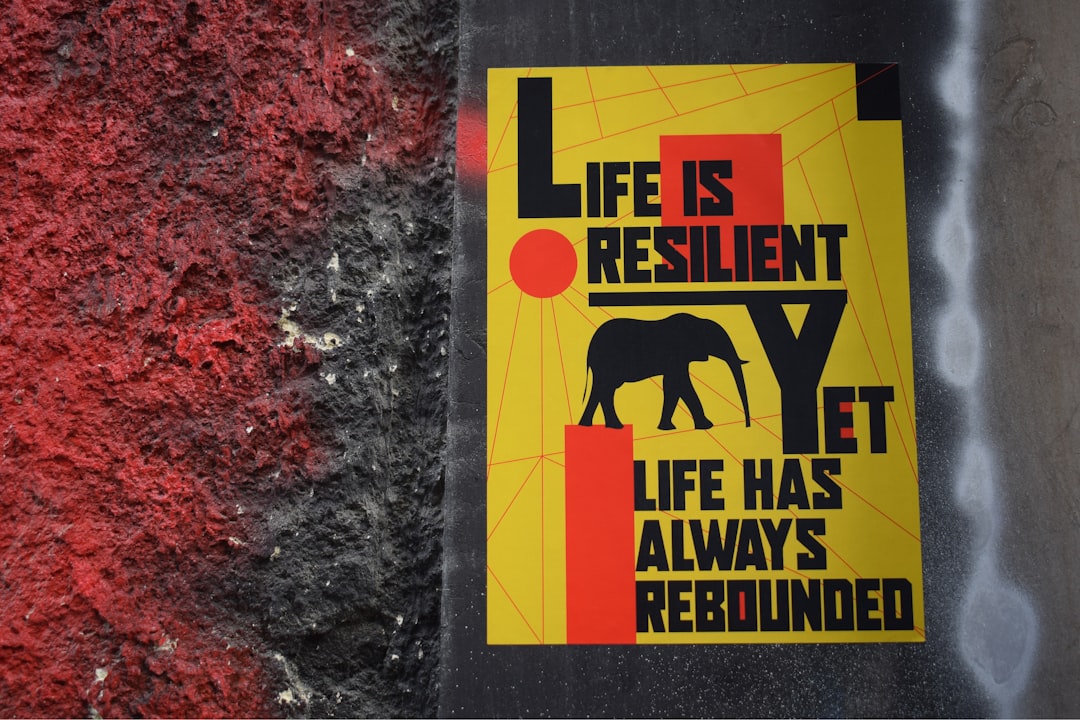
Embrace Resilience: Transform Your Lifestyle with Focus
In today’s fast-paced world, maintaining resilience is crucial for overall health and wellness. The ability to adapt and thrive amidst challenges can significantly impact your lifestyle choices. This article will explore how embracing resilience can transform your life, highlighting actionable strategies and credible health information to help you focus on your wellness journey.
Understanding Resilience
Resilience is the capacity to recover quickly from difficulties. It involves mental, emotional, and physical strength, allowing individuals to cope with stress and adversity. Research shows that resilient individuals often experience better health outcomes, improved mental well-being, and greater life satisfaction.
The Connection Between Resilience and Health
Studies suggest that resilience is linked to lower rates of anxiety, depression, and chronic illnesses. For instance, a study published in the Journal of Health Psychology found that resilient individuals had lower levels of stress hormones and reported better physical health. This correlation emphasizes the importance of building resilience as a foundational aspect of health and wellness.
Strategies to Embrace Resilience
1. Cultivate a Growth Mindset
Adopting a growth mindset involves viewing challenges as opportunities for growth. When faced with difficulties, remind yourself that failure is a part of the learning process. Research from Stanford University indicates that individuals with a growth mindset are more likely to persevere through setbacks and achieve their goals.
2. Practice Mindfulness and Meditation
Mindfulness practices, such as meditation and deep-breathing exercises, can enhance resilience by reducing stress and improving emotional regulation. A study published in Psychological Science found that mindfulness training significantly increased participants’ resilience to stress. Consider incorporating daily mindfulness practices into your routine to foster a greater sense of focus and calm.
3. Build Strong Social Connections
Strong relationships provide support during challenging times and contribute to emotional resilience. Research shows that social support can mitigate the effects of stress and promote mental well-being. Engage with friends, family, or support groups to cultivate a network that encourages and uplifts you.
4. Prioritize Self-Care
Self-care is essential for maintaining physical and emotional health. Engage in regular physical activity, eat a balanced diet, and ensure adequate sleep. According to the World Health Organization, a healthy lifestyle can enhance resilience, enabling you to manage stress more effectively.
5. Set Realistic Goals
Setting achievable goals helps maintain focus and motivation. Break larger objectives into smaller, manageable tasks to avoid feeling overwhelmed. Research suggests that goal-setting can improve self-efficacy and resilience, making it easier to navigate challenges.
Addressing Common Misconceptions
One common misconception is that resilience is an inherent trait; however, it can be developed through practice and intentionality. Another myth is that resilient individuals do not experience negative emotions. In reality, resilience involves acknowledging and processing emotions while finding ways to adapt and move forward.
Encouragement for Your Wellness Journey
Building resilience is not a linear process; it’s a journey that takes time and effort. Celebrate small victories along the way and remember that setbacks are a natural part of growth. If you encounter challenges, don’t hesitate to seek help from professionals or support groups.
Further Reading and Resources
To deepen your understanding of resilience and wellness, consider exploring the following resources:
- American Psychological Association: Building Your Resilience
- Mindful: Mindfulness and Resilience
- National Institute of Mental Health: Coping with Stress
Conclusion
Embracing resilience can transform your lifestyle by enhancing your ability to focus and adapt to challenges. By cultivating a growth mindset, practicing mindfulness, fostering social connections, prioritizing self-care, and setting realistic goals, you can build a strong foundation for your health and wellness. Remember, resilience is a skill that can be developed over time, leading to a more fulfilling and balanced life.
If you found this article helpful, consider sharing it with others or subscribing to our newsletter for more health tips and wellness strategies. Your journey toward resilience and well-being starts here!


